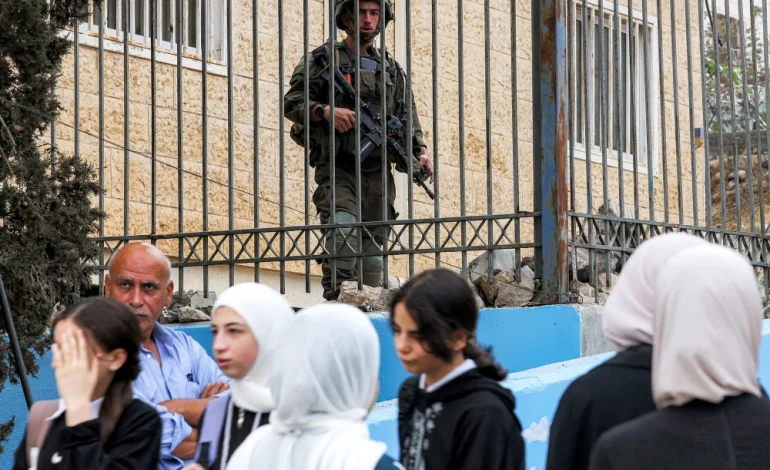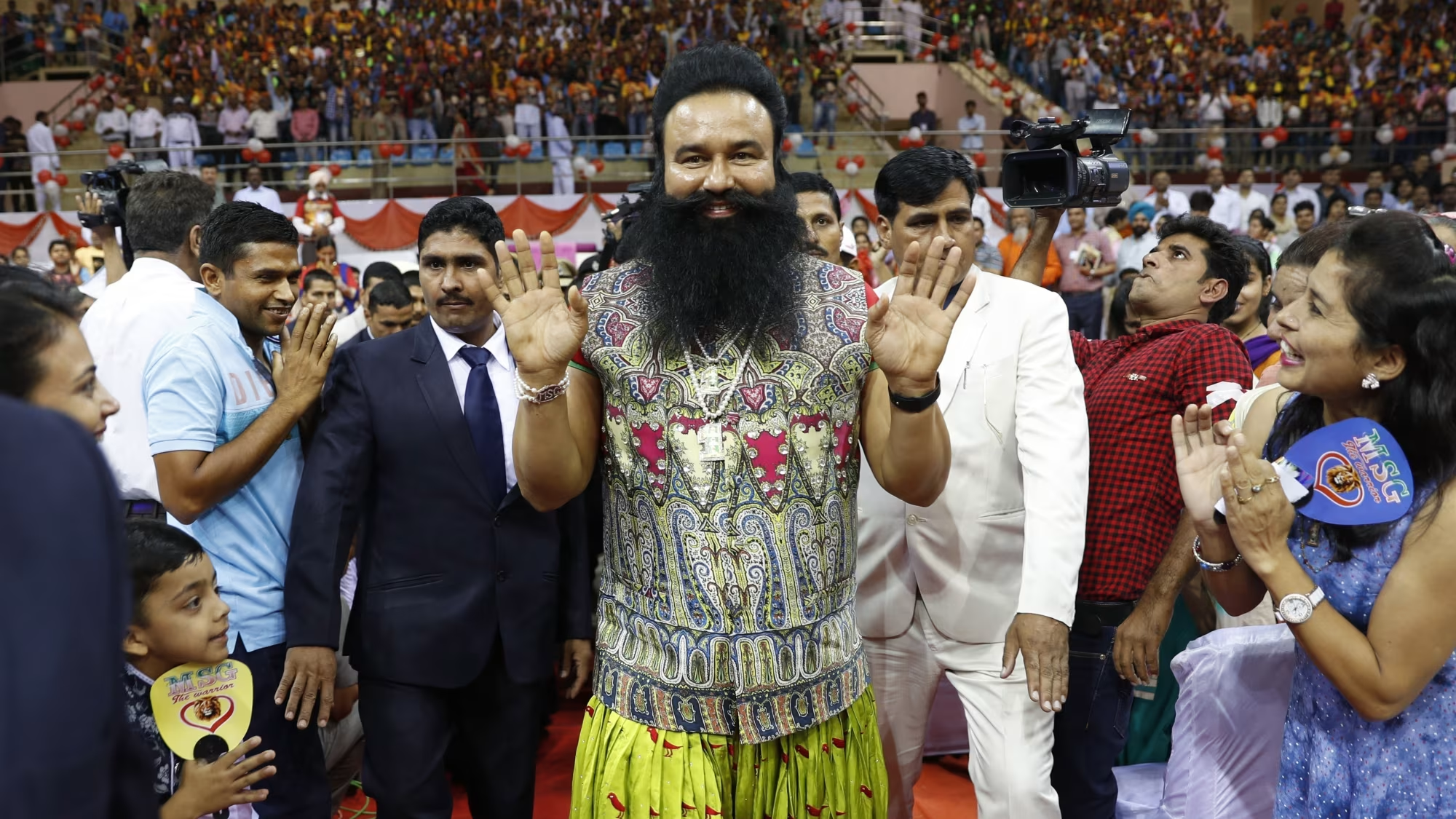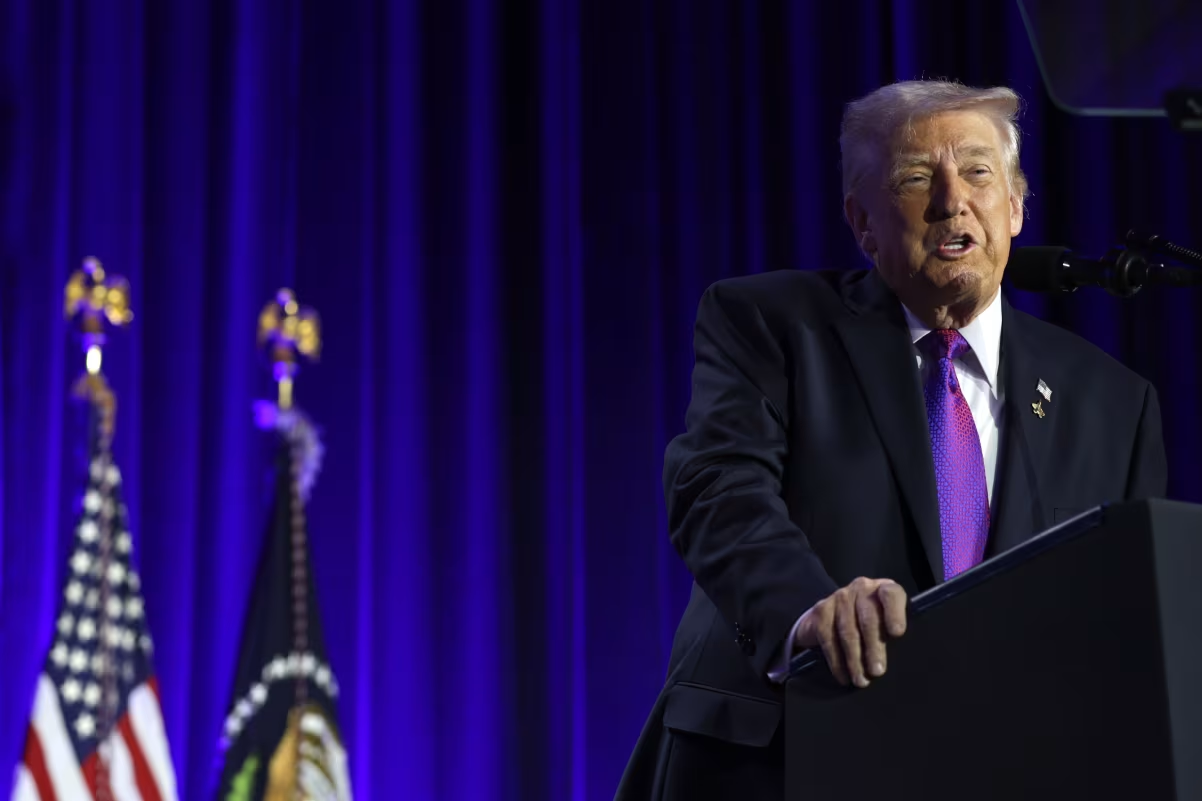Trump to Arab leaders: No West Bank annexation “on my watch”

President Donald Trump privately told a group of Arab and Muslim leaders in New York this week that he won’t allow Israel to annex any part of the occupied West Bank, according to people briefed on the meeting. The pledge came as talk of annexation spiked in Jerusalem after a wave of recognitions of a Palestinian state by countries including Britain, Canada and France.
The assurance landed during a sideline huddle at the UN General Assembly with some of the region’s heaviest hitters — Turkey’s president, Qatar’s emir, Jordan’s king, Egypt’s prime minister and senior officials from the UAE among them. One attendee described the exchange as direct and unambiguous: annexation is off the table.
Trump’s position lines up with what France’s Emmanuel Macron said he heard in his own conversation with the US president — that expanding West Bank settlements is counterproductive and “has nothing to do with Hamas.” It also cuts against loud calls from Israeli far-right ministers for the government to “extend sovereignty” immediately, and against Prime Minister Benjamin Netanyahu’s renewed vow that there will be no Palestinian state west of the Jordan River.
Annexation would be a defining break with decades of international consensus. Roughly three million Palestinians live in the West Bank alongside about half a million Israeli settlers in communities most of the world deems illegal. Palestinian officials say Israel’s restrictions on movement, construction and land use already amount to de facto annexation; a formal move would simply make it explicit and push any viable statehood horizon further away.
The US message came bundled with something larger. White House envoy Steve Witkoff outlined what he called a 21-point plan to end the war in Gaza and manage the day after. People familiar with the presentation said it centers on releasing all remaining hostages and locking in a ceasefire, followed by a phased Israeli pullout once an international stabilization force — including personnel from Arab and Muslim countries — is in place. Hamas would have no role in governance. An interim Palestinian administration would run civilian affairs with outside oversight and Arab financing for reconstruction, and humanitarian aid would surge. In a follow-up session, Secretary of State Marco Rubio and Witkoff began work with Gulf and regional ministers on turning the broad strokes into an operational blueprint.
Arab participants signaled cautious support but tied their buy-in to red lines: no Israeli annexation or occupation creep, no settlement building in Gaza and respect for the status quo at Al-Aqsa. Trump, according to two people in the room, told them directly he would block any West Bank annexation. The next test is Israel. Netanyahu is expected at the White House on Monday, where Trump plans to press the plan and seek his backing, even as the Israeli leader says the war won’t end until Hamas disarms and its leaders are forced out — conditions Hamas rejects.
The politics around all of this are combustible. Recognitions of a Palestinian state have emboldened Israeli hardliners, while photographs of regional leaders chatting amicably at the SCO summit and gestures like Armenia’s border-stamp tweak have raised expectations elsewhere. For Palestinians, symbolic moves change little about daily life under occupation; for Washington, a credible path to a ceasefire and a real “day after” in Gaza will be judged by whether annexation talk fades, hostages come home, and bulldozers stop carving up the West Bank.
The Financial Times, the New York Times, NBC News, and Axios contributed to this report.









The latest news in your social feeds
Subscribe to our social media platforms to stay tuned